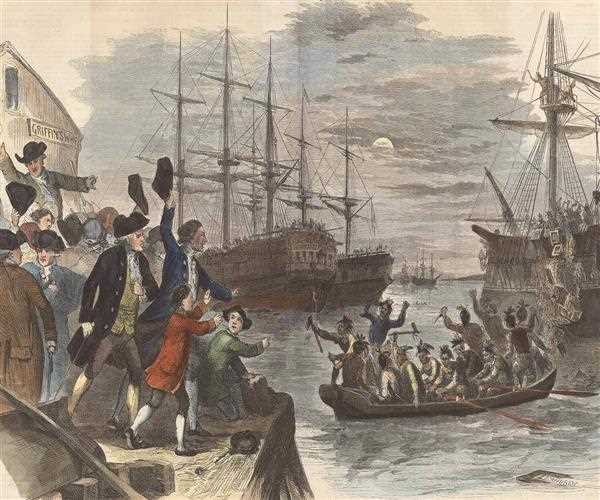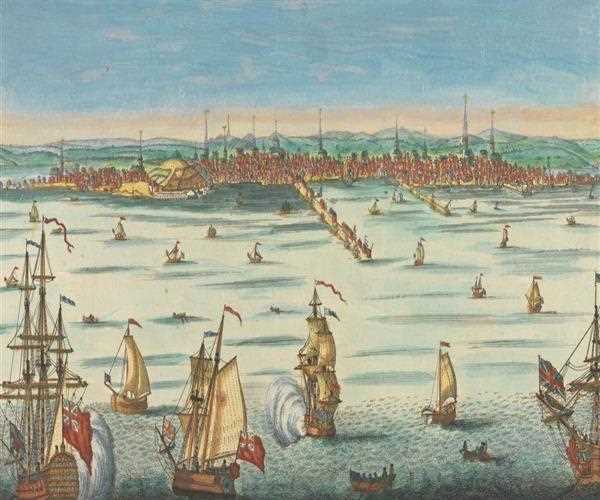An overview-The Boston Port act
The Boston Port Act, which is also known as the Trade Act 1774, was an act of the Parliament of Great Britain that went on to become law on the date of March 31, 1774, and came into effect on June 1, 1774. It was one of five measures, also called the Intolerable Acts, the Coercive Acts, or the Punitive Acts or that were enacted during the spring of 1774 to punish Boston for the Boston Tea Party.

The reason behind the Act
The Act was done in response to the Boston Tea Party. King George III, in his speech on March 7, 1774, charged the colonists with attempting to affect British
commerce and destroy the constitution.
On the date of March 18, Lord North brought out the Port Bill, which stopped the use of the
Boston Port (by setting up a barricade/blockade) for ' loading or shipping, landing and discharging, of goods, wares, and merchandise' until the
King's treasury was restored (for the lost customs duty ) and to the East India Company for damages, they incurred as a result of the Tea party.

In other words, it closed Boston Port for all ships, no matter what important business the ship had. It also provided that the seat of government should be moved from
Massachusetts Colony to Salem and Marblehead to be made a port of entry.
The Act came into effect on June 1. June 1 was observed to be a day of prayer and fasting, bells being tolled, houses draped in mourning, and flags placed at half-mast.